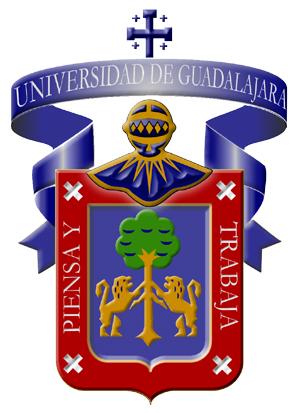Due to the fact that the researchs carried out in the university centers of the UDG are not clearly known, we propose to built a research information site of the UDG open for all the community, where you can actively participate,specially students, teachers and professionals. This win permit spread, explore, use and enrich the researchs and could be become frame of reference.
Shared by: Equipo22
Image Credit: Wikicommons




Grant Potter
It sounds like you want to establish an institutional repository for research – see here for the definition of institutional repository https://en.wikipedia.org/wiki/Institutional_repository
DSpace is a popular open source platform used by many universities, but it requires support from a technician – most likely from your library.
Have you given some thought on how you might be able to assemble a group of faculty and researchers at your university and advocate for this? Also, do you have a timeline of goals that includes how long you expect it will take to achieve this?
Villafania
UDG Open Researchers Community
Proposal:
To construct a virtual space in which the investigations that are being carried out in the different campus of the University of Guadalajara are presented, generated and used by teachers, academic bodies or students. It can be used in addition to the interested public from anywhere in the world. It will be carried out in three stages during 4 semesters, starting in August 2018.
Rationale:
The University of Guadalajara in each campus, has teachers and students who are generating knowledge based on research, of which most do not have information; for this, to have an open information space to share the research with a Creative Commons license and provide the links to access the copyrighted research. This will facilitate obtaining information that other teachers or students in other places can access the data and with this contribute to researchers and knowledge; In the same way, generate learning networks, be a reference for other researches and become theoretical and referential frameworks of theses or researches of students.
Implementation:
The project will be presented to the Research Coordination of the University Center of the South, so that they lead the project, follow it up, and guarantee the quality of the works that are shared. Through the Research Coordination the presentation to the academic bodies must be made and their active participation must be achieved.
It will be carried out in 3 stages: the first of construction, which will last 2 semesters, will be developed by CTA staff of the University Center of the South and computer science students who will program and insert in the website, the DSpace software to have the information and share it, the necessary tests will be done and once approved, the second stage of diffusion will begin where it will be shared with the other University Centers who will be trained in its use and maintenance. The third stage will be the start-up in all the University Centers.
This project is innovative and will allow the creativity of students in the use and adaptation of DSpace software. It will generate an invaluable space of information for students in different fields of constantly updated knowledge, and will allow sharing research and generating new ideas to improve knowledge. This will allow the participation of the university community, and other interested users, which will increase users’ confidence in the use of publications and will open a way to share information in a fast, safe and reliable way. In addition, it will facilitate peer review and reflective practice in the university community.
Challenges:
• Active involvement of the Research Coordination and the academic bodies.
• Technology.
• Institutional policies
• Have a space in each campus.
• Confidence of teachers and students.
• Training for teachers and students.
Resources:
• Technology
• CTA staff
• Open a space on the official page of each campus.
• Diffusion.